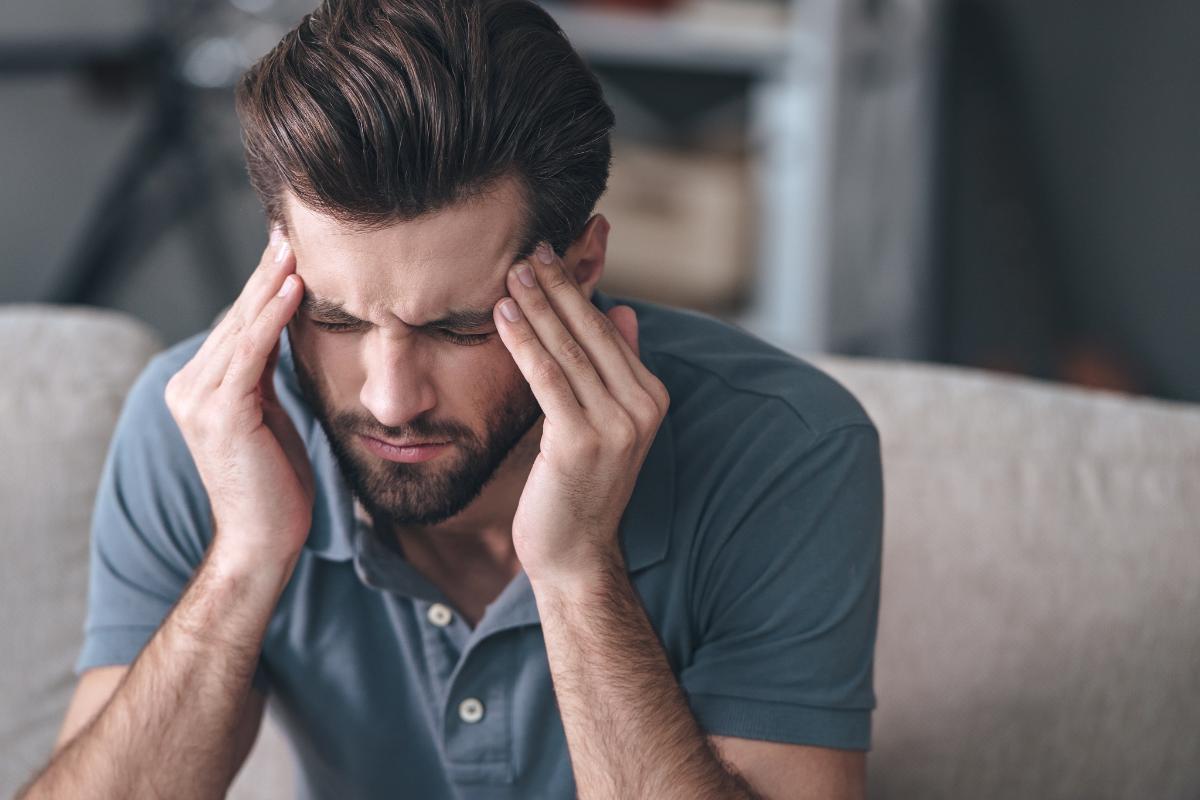DEPRESSION
Depression extends beyond occasional blues and is a frequently misunderstood but very real condition that impacts 1 in 5 individuals. Explore the ways in which depression influences your daily life, as well as its effects on mental and physical health, and discover actionable steps to address it.
WHAT IS DEPRESSION?
Many individuals experience moments of depression at some juncture in their lives, often triggered by specific events like loss, separation, or job challenges. Typically, these feelings are transient, and normalcy returns with time. However, if a sense of depression persists for more than two weeks, significantly affecting your quality of life, it may be indicative of depression, a diagnosis confirmed by a doctor or psychologist.
Crucially, depression is not a sign of mental weakness but a genuine illness stemming from an imbalance in brain neurotransmitters. Its origins involve a combination of genetic, psychological, and social factors. It’s noteworthy that women are twice as likely as men to grapple with depression.

DEPRESSION SYMPTOMS
Depression manifests in various forms, with symptoms differing among individuals based on factors such as age, gender, personality, cultural background, and more. The following are potential indicators of depression:
- Mood swings
- Anxiety
- Irritability and impulsivity
- Social isolation
- Frequent crying and persistent sadness
- Loss of interest or pleasure in usual activities
- Feelings of guilt or self-criticism
- Difficulty concentrating, making decisions, or remembering things
- Thoughts of death or suicide
- Physical symptoms
- Changes in appetite or weight
- Disrupted sleep patterns
- Fatigue or decreased energy
- Nonspecific problems like headaches, nausea, constipation, or pain
- Decreased libido
If you experience some of these symptoms persistently for at least two weeks, it is advisable to consult with your doctor or a psychologist.
CHRONIC PAIN AND DEPRESSION
The interconnection of chronic pain and depression is prevalent for many individuals. Pain can serve as both a symptom of depression and, conversely, depression can amplify the perception of pain. This intricate relationship makes it challenging to discern between cause and effect.
Research indicates a significant correlation between traumatic experiences and the onset of pain issues. Advanced imaging techniques have revealed that both physical and psychological pain activate identical areas of the brain. Notably, certain antidepressants have demonstrated effectiveness in treating specific types of chronic pain, even in individuals without overt depressive symptoms.
GOOD HABITS TO HELP WITH DEPRESSION
We all have strategies to uplift our mood during challenging times, like taking a walk, engaging in hobbies, playing sports, or spending time with friends and family. These positive activities hold significance and should not be overlooked. Additionally, incorporating the following habits into your routine can aid in preventing or overcoming depression:
- Regular Physical Activity:
- Exercise stimulates the production of mood-enhancing chemicals (endorphins and serotonin) in the brain, positively impacting mood and energy levels.
- Balanced Diet:
- Consume a well-rounded diet, including foods rich in omega-3 fats like flax seeds, walnuts, and fatty fish (salmon, trout, tuna, mackerel, and sardines).
- Fresh Air and Sunlight:
- Spend time outdoors for fresh air; sunlight has a positive influence on mood and can alleviate symptoms of seasonal depression.
- Active Social Life:
- Maintain an active social life to foster connections and support.
- Alcohol and Drug Avoidance:
- Steer clear of alcohol and drugs, as they can act as depressants for the brain.
- Good Sleep Habits:
- Ensure proper sleep hygiene, aiming for 7 to 8 hours of sleep each night. Quality sleep enhances energy levels.
DEPRESSION TREATMENT
The primary treatments for depression encompass psychotherapy and medication, with a combination of both often proving effective and beneficial.
Psychotherapy: While various forms of psychotherapy are available, the key is to find an approach that resonates with you and work with a trusted therapist. For mild to moderate depression, cognitive-behavioral therapy (CBT) is commonly considered the preferred choice. CBT aims to alter your interaction with the world by imparting new skills or guiding you to reevaluate how you interpret events and respond to them. If CBT doesn’t yield the desired results, medication may be incorporated into your treatment.
Depression Medication: Antidepressants are the medications used to treat depression, acting to restore the balance of chemicals in the brain. With numerous antidepressants available, each possesses distinct properties. It may take several weeks for the full effects of antidepressants to be felt. Typically prescribed for over six months, and in some cases, for several years, it’s crucial to continue the medication even when feeling better, as abruptly stopping can lead to a recurrence of depression if the treatment duration hasn’t been sufficient. Always consult with your doctor or pharmacist before making any adjustments to your medication regimen.
Depression Is Not a Sign of Weakness: Depression is a legitimate illness that requires proper treatment, and taking antidepressants is not indicative of weakness. While antidepressants are not a cure-all, psychotherapy is a vital component of treatment. Understanding the root cause of depressive episodes, whether related to work, personal life, major life events, or other factors, is crucial.
Natural Health Products Warning: Certain natural health products can alleviate depression symptoms, but they may also have side effects and interact with other medications. Caution is advised before taking any natural health product, and it is highly recommended to consult with your pharmacist beforehand.
HOW TO HELP SOMEONE WITH DEPRESSION
People with depression tend to isolate themselves and become withdrawn. You need to encourage someone with depression to get help, particularly if they have suicidal thoughts. Don’t give up on them. You can be there to listen and refer them to a health care professional. Support from loved ones is essential.
If you have questions or concerns about depression or how to treat it, don’t hesitate to consult your pharmacist or doctor.